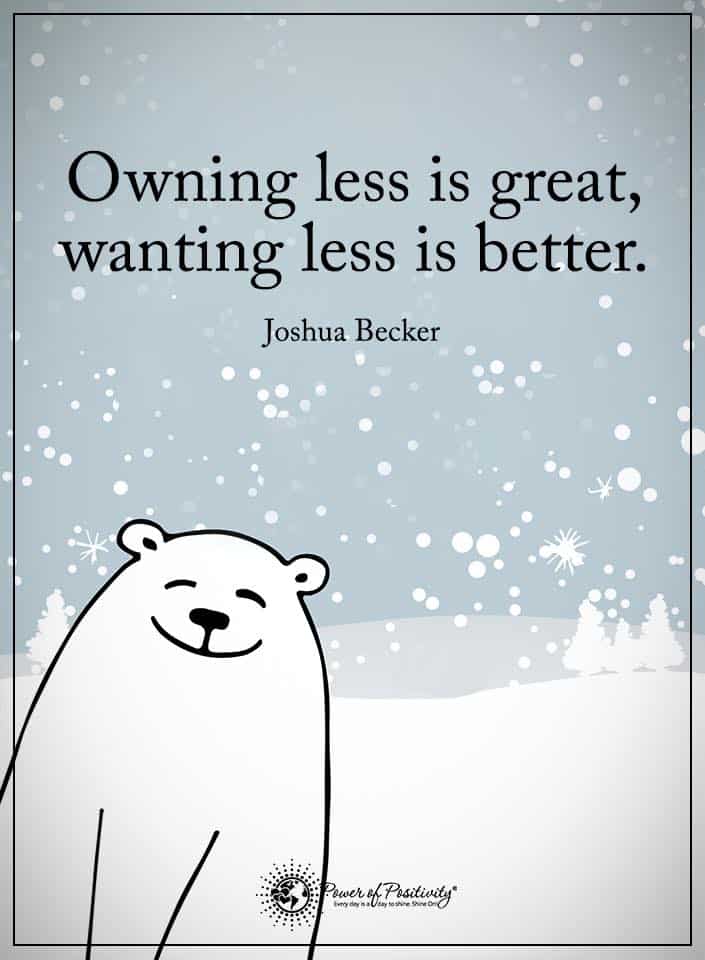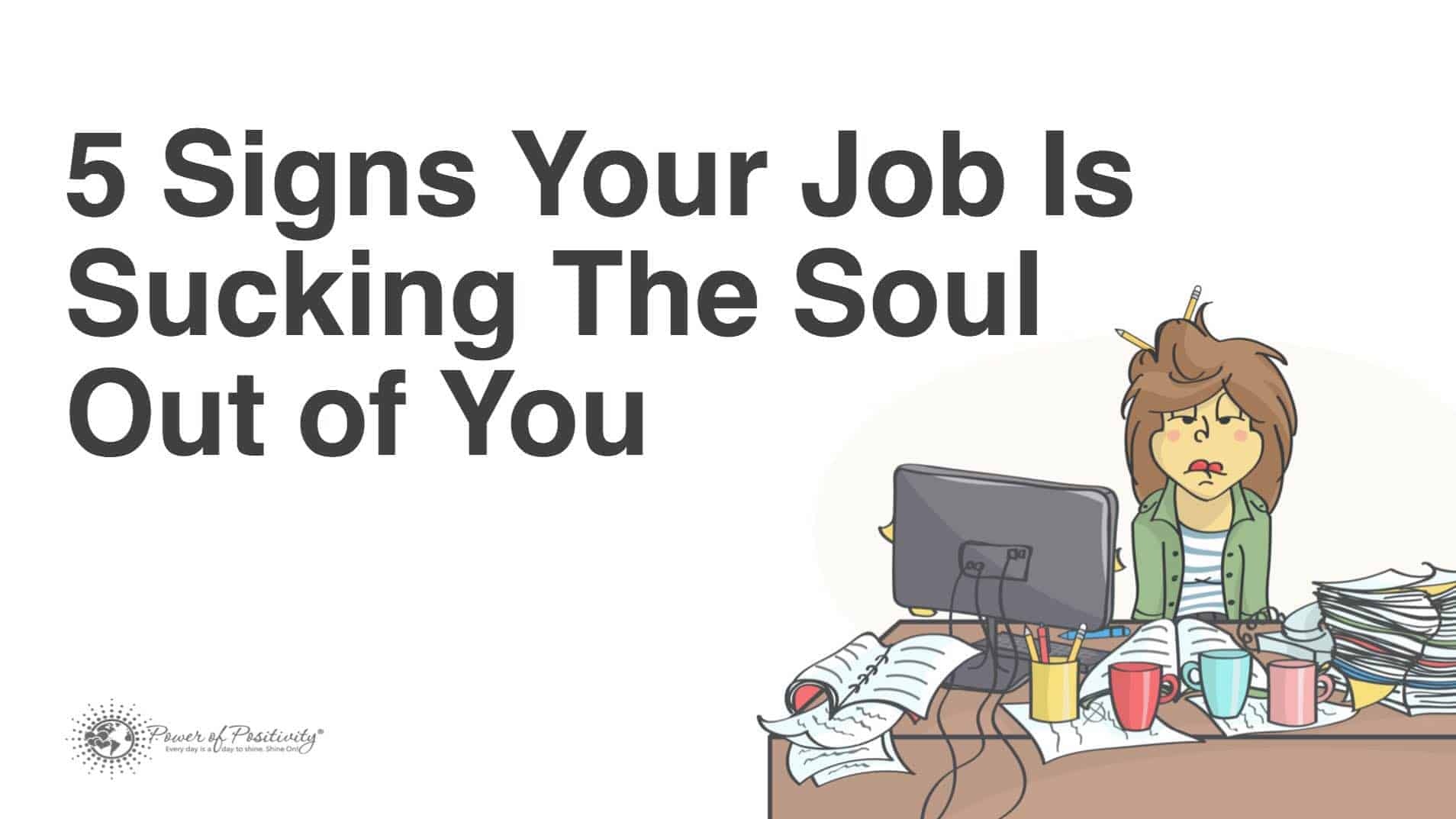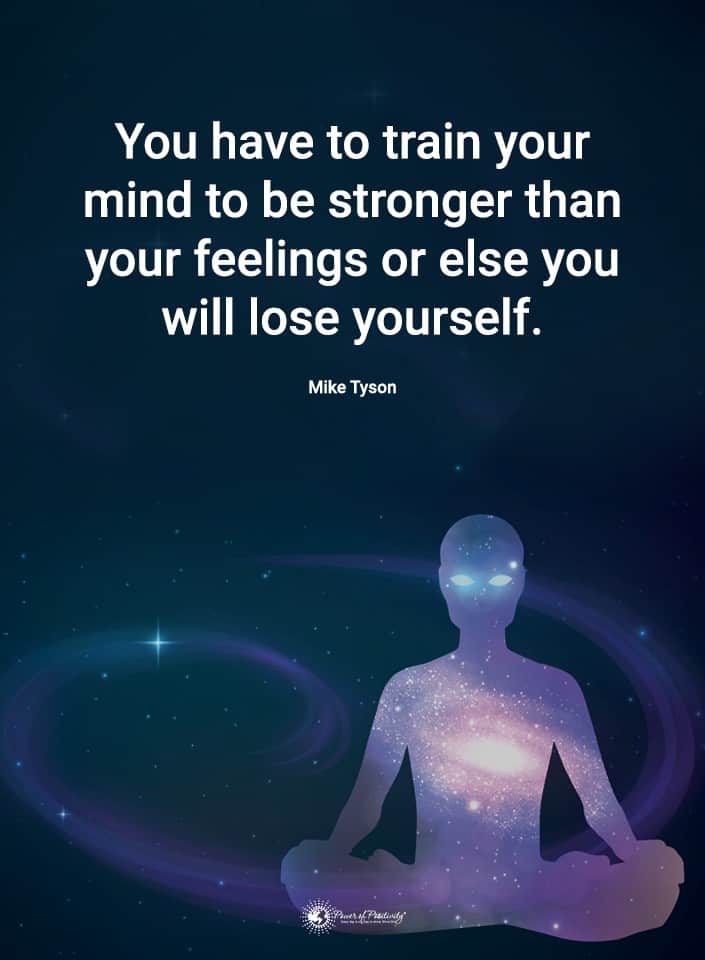Overthinking may be something you want to train your brain to stop doing, especially if it causes problems for you. For example, does your overthinking lead to a negative mood or increase your level of anxiety? Does it stop you from doing things that you need to get done? Are you procrastinating making a decision because you want to weigh all of the possible outcomes?
Overthinking can have negative consequences for those who are chronic worriers. Focusing on future uncertainties makes us anxious when we feel a lack of control. Overthinking can also keep us from enjoying the present moment. Let’s explore ways to train your brain to stop overthinking and start appreciating what is here for us in the now.
Researchers at the University of California at Santa Barbara showed images of kaleidoscope colors to study participants. Next, she tested their ability to remember if they had seen an image before. Participants who took their best guess at the memory test did better than those who spent time trying to remember colors and patterns. The overthinkers focused their brain power on recalling the visual information that they were presented with did less well than those who did not focus their attention on remembering details.
The researchers say that this study shows ‘why paying attention can be a distraction and affect performance outcomes.’ The area of the brain in our prefrontal cortex that is active when we pay attention is the dorsolateral area. Participants with less prefrontal cortex stimulation during the test remembered the images better. In other words, paying more attention to details actually hurt their ability to remember what they had seen.
Fifteen Tips to Help You Stop Overthinking
1 – Train your brain to stop overthinking and see the big picture
The research shows that a more broad overview approach may be better for recalling complex images. To train your brain to process information this way, try to imagine taking in all of the details at once. As a result, it feels like your brain is taking a photo and seeing all of the pieces of information at once.
You can practice underthinking by finding a picture book, opening to a random page and looking at an image for five seconds. Close the book and try to recall everything that you saw. The short amount of time prevents your brain from overthinking, but you will be surprised at how much you can recall. Try this repeatedly until you feel more confident in your brain’s ability to process information quickly.
2 – Train your brain to be comfortable with uncertainty
There are things you can know, and things you may never know. Overthinkers have trained their brains to focus on the uncertainties. That’s because they are trying to solve these problems. For an overthinker, their brain is like that of a two-year-old constantly seeking answers. Although some questions can be answered, overthinkers may tend to dwell on those that can’t.
Or at least they think they can’t be answered, for example, ‘What could they possibly have meant when they said that’ could be easily answered by asking the person to clarify their meaning. ‘I wonder what they think of me’ could be answered by asking the person whose opinion you are overthinking. Either seek the answer to the question that you are overthinking, or tell your brain that you’ll have to be okay with not knowing the answer.
3 – Train your brain to observe your negative self-thinking
Meta-thinking is thinking about how you think, which requires some self-observation. If you’re reading this article and have concerns about your overthinking, you are already aware of your own unproductive thinking patterns. People who experience distress about overthinking usually have negative thoughts about themselves because of their thoughts.
Allowing negative thoughts to exist while rejecting them as being part of what we identify as ‘self’ is part of a technique that can help overthinkers. Researchers in the journal Behavior Therapy found that mindfulness-based cognitive therapy (MBCT) helped people to feel more self-compassion rather than negative emotions about their overthinking. People who went through MBCT therapy experienced less stress associated with their thoughts.
4 – Find one thing you can control
If overthinking is happening because you need to gain control over a situation, then find one concrete action step that you can do to gain back some sense of control. For example, writing down the problem is simple and it allows your brain to stop trying to remember the issue. Then identify one more thing you can do that will be a step in the right direction. For example, make one phone call to get more information about something that worries you.
5 – Find your overthinking trigger
When you’re feeling anxious, it’s hard to stop your brain from going into overdrive. It’s important to understand what triggers your anxiety that results in overthinking. Everyone is different, so what triggers your anxiety will be different from someone else. Ask yourself some simple questions about what is triggering your feeling of anxiety, such as
- What am I feeling anxious about right now?
- What caused me to feel anxious all of a sudden?
- Did I read something that made me feel worried?
- Has someone said something to me that caused me to feel anxious?
- Did I see something online that worries me?
Knowing what triggers your overthinking help you either avoid the trigger the next time or if you must face it, you can be prepared to fight your anxiety and avoid overthinking. Things that can trigger overthinking and anxiety include:
- Family relationships
- Work especially deadlines or poor co-worker interactions
- School load or responsibilities
- Health problems
- Finances
- Marriage problems
- Teenagers
6 – Help others
Getting the focus off yourself can be helpful for you to stop overthinking. When you help others, it reduces your stress and improves your mood. Plus, helping others actually releases chemicals in your brain called endorphins that boost your happiness. Helping others helps you because it can:
- Gives you a sense of belonging: When you’re face to face with someone, it minimizes your feelings of loneliness and isolation. You feel a part of something bigger than yourself, which is comforting.
- Gives you perspective: When you’re helping someone in need, you see how blessed you are. It gives you a better perspective on what you have and makes you happy to share with others.
- Gives you the ability to pass it on: When you help others, it inspires those around you to get involved and help others.
- You create memories: When you’re helping others. You’re encouraged, and later when you are alone, you’ll remember the good times with those people. You will feel a wonderful sense of contentment knowing you were there to help.
Some people suggest that doing daily acts of kindness helps ease anxiety, stress, and even depression.
7 – Find a community
Studies show that those who say they “think too much” feel it more when they’re alone.
A good social network such as family or community is helpful to boost your mood and reduce your feelings of isolation. Being alone gives you time to think about all the things that aren’t right in your life or the world. You’re apt to feel more lonely and sad. You can community in all kinds of places, but some of the best community places include:
- Church, synagog, or mosque
- Book clubs or writing groups
- Jogging groups
- Parent meetings
- Art classes
- Yoga class
- Gyms
8 – Stay busy to stop overthinking
Staying busy keeps your mind active, so you’re less apt to think too much. Staying busy also increases your energy and your confidence. It keeps your mind engaged. Ways to stay busy include:
- Reading
- Visiting friends
- Getting a part-time job
- Volunteering
- Gardening
- Babysitting
Being busy won’t take away your anxiety, but it can help you keep your mind busy so you’re not overly aware of all the things you’re worried about.
9 – Talk with a close friend
Find a trusted friend you can talk with about what’s going on in your head. Sometimes just talking can ease the weightiness of the thoughts running around n your mind. Plus, you may be surprised to find out your friend has some same overthinking issues going on in their head, too. It’s always good to know you’re not the only one who struggles with overthinking. Plus, sharing your common struggles helps your friendship grow stronger. Studies found that having social support is essential to maintain your mental health and physical health. Find ways to maintain contact with your friends whether it’s having coffee once a week, setting up weekly playdates for your kids with another mother, or going with a friend to the gym several times a week. Constantly engaging with trusted friends will make your life fuller and help ease your tendency to over thing.
10 – Faith
One study found that those who suffered from anxiety-producing overthinking were helped when they sought out pastors, Buddhist monks, or church groups. Researchers have found that in general spirituality, prayer and church-based social support can ease your stress and anxiety. They even believe that depression is helped by faith. People of faith feel like a higher power is at work in their lives as well as the universe. It brings comfort knowing that they can get help outside themselves.
11 – Use laughter to decrease overthinking
Laughter is a simple way to feel better. It releases the same chemicals in your brain as when you exercise. Laughter improves your mood and reduces your stress. Being able to joke about funny things that happen to you during the day or laugh at your own silly mistakes helps you keep perspective on life. It eases the tension in relationships, lowers your blood pressure, and makes life feel less intense. Find laughter through
- Reading a funny book
- Watching a funny movie
- Find a favorite comedian and watch their youtube videos
- Listening to a funny podcast
Find ways to incorporate healthy laughter into your life. Avoid sarcasm or mean-spirited humor which tears others down. This type of laughter isn’t helpful to build you up and make you feel better.
12 – Eat a healthy diet
Eating a healthy diet can ease your anxious thoughts. When you load up on fast food, you feel sluggish and tired all the time. That leads to sitting around in your house and mulling over your problems. Fast foods contain a lot of fat and salt, which lead to health problems. Instead, start eating these foods to boost your mood.
- Fish: Eat fish at least two times a week. Grill, broil, or saute salmon, tilapia, or mackerel.
- Fresh vegetables: Broccoli, kale, tomatoes, romaine lettuce, and red peppers
- Ripe fruits: Eat berries, apples, kiwi, or bananas for good brain health.
- Seeds and nuts: Sunflower seeds, pumpkin seeds, and walnuts are superfoods that help improve your mood to fight overthinking.
- Whole grain rice, pasta, or quinoa
- Other foods: Dark chocolate, coffee, fermented foods
13 – Gratitude journal
When you’re anxious, your mind runs in a million different directions. Your problems loom larger than life. Taking a little time every day to write in a journal can help you fight the urge to overthink. Keeping a gratitude journal is especially helpful to help you focus on all that’s good, instead of all the things that aren’t going well in your life. It’s helpful to go back and reread your entries to reflect on how things have changed since that time.
Some people like to have online private journals or you can buy pens and paper journals. Whichever medium you choose, take some time every day whether it’s in the morning or evening, to write and reflect on all the good in your life. If you’re going through a difficult time, you may need to really search for something good. It may be as small as the sun came out, or that you cleaned your closet out for the first time in months. That’s okay, start small and work your way up until you can fill an entire page with gratitude.
14 – Exercise to Decrease Overthinking
There is nothing like exercise to make you feel happier and healthier. When you exercise your brain unlocks chemicals called endorphins that improve your mood. Plus, exercise gives you extra energy and a greater sense of well-being. Try these simple tips for getting some exercise.
- Set small goals for yourself: At first try walking or working out for 20 minutes once a week. Then increase it to two times a week, then the following week try three times a week.
- Get moving: Try to walk, dance, or jog around inside your house for at least 20 minutes.
- Try different exercise classes: Try a dance class or join a biking club, anything to get moving.
15 – Resolve your problems
Studies show that people who struggle with overthinking found help when they resolve the underlying causes of their anxiety. Taking an action such as resolving a conflict, getting another job, or getting better health care reduced their anxiety. Worry won’t change your situation. You can’t solve your problems by thinking about them, sometimes you need to take action.
Final Thoughts on How to Train Your Brain to Stop Overthinking
Thinking too much is a familiar phrase people use to describe their anxiety. If you’re thinking too much, you probably deal with fear and worry. It’s important to find ways to stop your thoughts from running away with you. Try some of these suggestions to stop overthinking. Begin with one or two suggestions, then work your way through another one until you’ve tried all of them. Find out which ideas help you the most to avoid overthinking and find freedom from an overactive mind.













